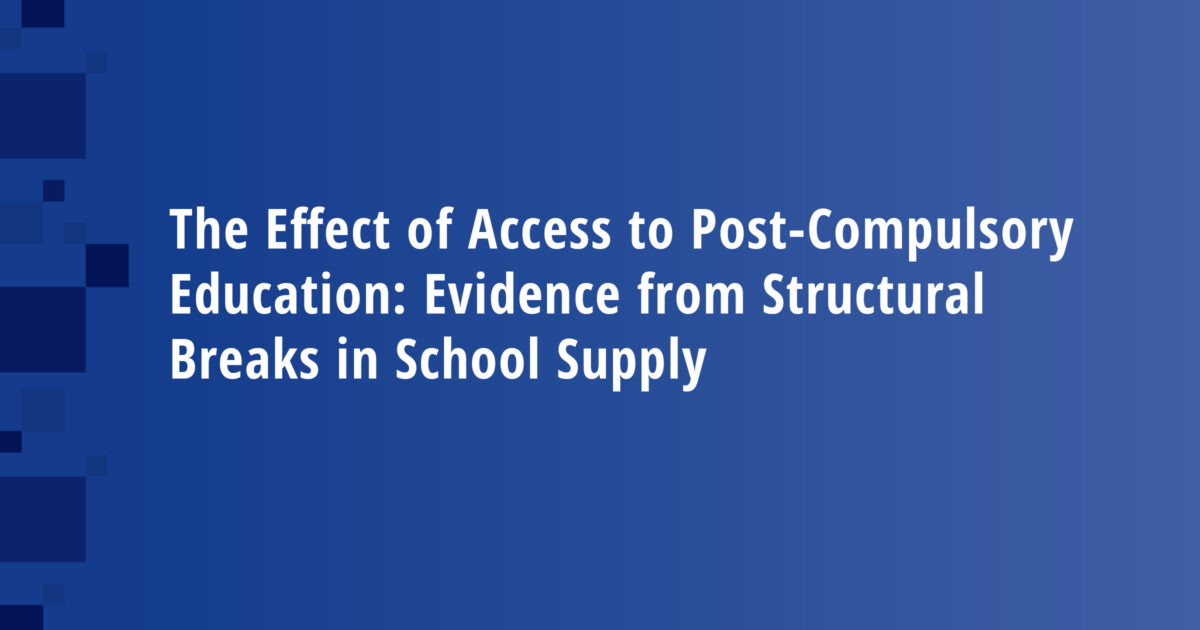
We study how reducing the regional supply of post-compulsory education affects schooling choices and educational attainment in Finland. We exploit variation across municipalities and over time in the availability of three secondary education tracks: general education, and the vocational fields of technology and services. According to our results, access to general education mainly affects decisions regarding what to study, whereas reducing the regional availability of vocational education also postpones studies and may even decrease the educational attainment of local youth. Our results also suggest that school consolidations may have a substantial impact on labor market trajectories. We find that the initial enrollment choices of men are more sensitive to supply reductions than those of women, and that the field of technology is particularly important for individuals with less-educated mothers.